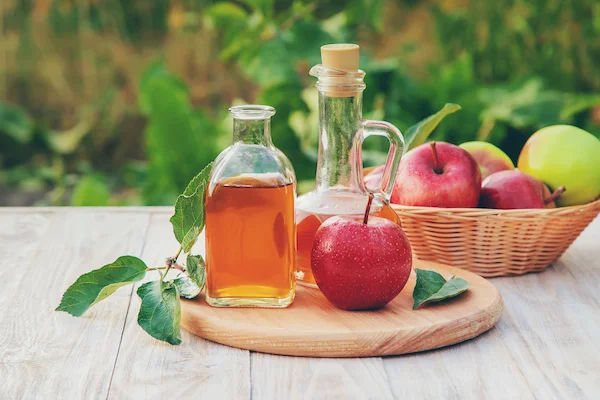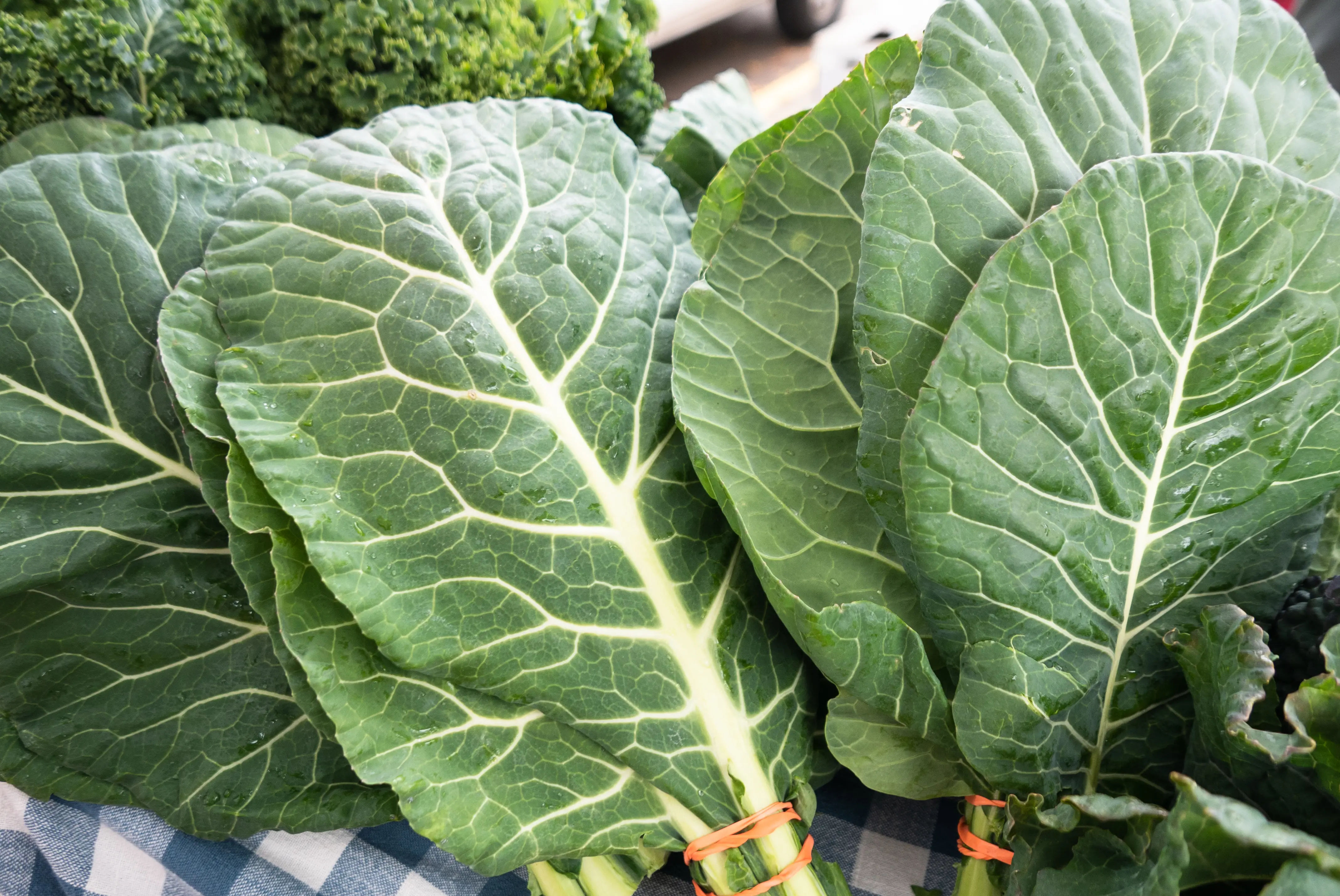Apple Cider Vinegar For Inflammation Relief
Discover how apple cider vinegar may help reduce inflammation naturally. Learn about its potential benefits for joint pain, gut health, and immune support, backed by traditional and emerging research.

Written by
Last updated on 14th Jul, 2025

Introduction
Inflammation is the body’s natural response to injury or infection, but when it becomes chronic, it can lead to various health issues like arthritis, digestive problems, and even heart disease. Many people turn to natural remedies to manage inflammation, and one popular option is apple cider vinegar (ACV). But does it really help? Let’s explore how ACV may support inflammation relief and how you can use it safely.
What is Apple Cider Vinegar?
Apple cider vinegar is made by fermenting apple juice. The fermentation process turns the sugars into acetic acid, which gives ACV its strong smell and sour taste. It also contains beneficial compounds like probiotics, antioxidants, and small amounts of vitamins and minerals.
How Can Apple Cider Vinegar Help with Inflammation?
Research suggests that ACV may help reduce inflammation in several ways:
1. Rich in Antioxidants: ACV contains polyphenols, which fight free radicals that cause oxidative stress and inflammation.
2. Boosts Gut Health: A healthy gut microbiome is linked to reduced inflammation. The probiotics in raw, unfiltered ACV support good gut bacteria.
3. Alkalizing Effect: Despite being acidic, ACV has an alkalizing effect on the body, which may help balance pH levels and reduce inflammation.
4. Supports Weight Management: Excess weight can worsen inflammation. Some studies suggest ACV may help with weight loss by improving metabolism.
Consult Top Nutritionists
How to Use Apple Cider Vinegar for Inflammation Relief?
If you want to try ACV for inflammation, here are some safe and effective ways to incorporate it into your routine:
1. Diluted ACV Drink
Mix 1-2 tablespoons of raw, unfiltered ACV in a large glass of water.
Add a teaspoon of honey or lemon juice for taste (optional).
Drink once or twice daily, preferably before meals.
Note: Never drink ACV undiluted—it can damage tooth enamel and irritate the throat.
2. ACV in Salads & Foods
Use ACV as a salad dressing by mixing it with olive oil, herbs, and a pinch of salt.
Add a splash to soups, marinades, or sauces for extra flavour and health benefits.
3. Topical Application for Joint Pain
For joint inflammation, mix equal parts ACV and water, soak a cloth in it, and apply it to the affected area for 15-20 minutes.
Alternatively, you can add 1-2 cups of ACV to a warm bath for muscle and joint relief.
Precautions & Side Effects
While ACV is generally safe, it’s important to use it correctly:
Always dilute it to avoid throat irritation or tooth enamel damage.
Start with small amounts (1 teaspoon) and gradually increase if well tolerated.
Avoid if you have acid reflux or ulcers, as it may worsen symptoms.
Consult a doctor if you’re on diabetes or blood pressure medications, as ACV can interact with them.
Other Lifestyle Tips to Reduce Inflammation
For best results, combine ACV with other anti-inflammatory habits:
Eat a balanced diet: Include leafy greens, berries, nuts, fatty fish, and turmeric.
Stay hydrated: Drink plenty of water to flush out toxins.
Exercise regularly: Moderate activity helps reduce chronic inflammation.
Manage stress: Practice yoga, meditation, or deep breathing exercises.
When to See a Doctor?
While ACV may help with mild inflammation, chronic or severe cases need medical attention. If you experience persistent pain, swelling, or digestive issues, consult a doctor.
If you’re unsure about using ACV or need personalised guidance, you can book a consultation with a healthcare expert on Apollo 24|7. They can help you create a safe and effective plan for managing inflammation.
Conclusion
Apple cider vinegar is a simple, natural remedy that may help reduce inflammation when used correctly. While it’s not a cure-all, combining it with a healthy diet and lifestyle can support overall well-being. Remember to use it in moderation and consult a doctor if you have any concerns.
Consult Top Nutritionists
Consult Top Nutritionists
Ms. Lakshmi Tejasvi
Clinical Nutritionist
14 Years • M.Sc - Clinical Nutrition
Hyderabad
Vibgyor Nutri, Hyderabad

Dr. Bhukya Pavan Kalyan
General Physician
5 Years • MBBS DNB Paediatrics
Bengaluru
PRESTIGE SHANTHINIKETAN - SOCIETY CLINIC, Bengaluru

Dr. Ramalinga Reddy
General Physician
5 Years • MBBS MD General medicine
Bengaluru
PRESTIGE SHANTHINIKETAN - SOCIETY CLINIC, Bengaluru
Dr Sumanth R
General Physician
2 Years • MBBS
Bengaluru
PRESTIGE SHANTHINIKETAN - SOCIETY CLINIC, Bengaluru
Dt. Ila Sharma
Clinical Nutritionist
18 Years • Master in food & Nutrition
Gurugram
VIPUL GREENS - SOCIETY CLINIC, Gurugram
Consult Top Nutritionists
Ms. Lakshmi Tejasvi
Clinical Nutritionist
14 Years • M.Sc - Clinical Nutrition
Hyderabad
Vibgyor Nutri, Hyderabad

Dr. Bhukya Pavan Kalyan
General Physician
5 Years • MBBS DNB Paediatrics
Bengaluru
PRESTIGE SHANTHINIKETAN - SOCIETY CLINIC, Bengaluru

Dr. Ramalinga Reddy
General Physician
5 Years • MBBS MD General medicine
Bengaluru
PRESTIGE SHANTHINIKETAN - SOCIETY CLINIC, Bengaluru
Dr Sumanth R
General Physician
2 Years • MBBS
Bengaluru
PRESTIGE SHANTHINIKETAN - SOCIETY CLINIC, Bengaluru
Dt. Ila Sharma
Clinical Nutritionist
18 Years • Master in food & Nutrition
Gurugram
VIPUL GREENS - SOCIETY CLINIC, Gurugram


 for Health.webp)

